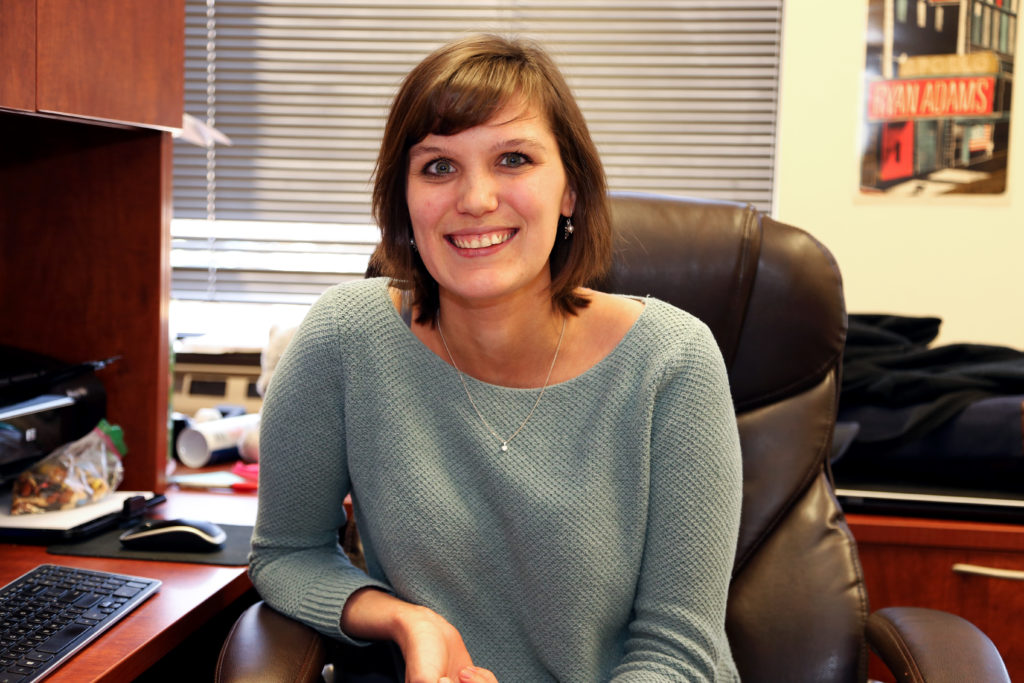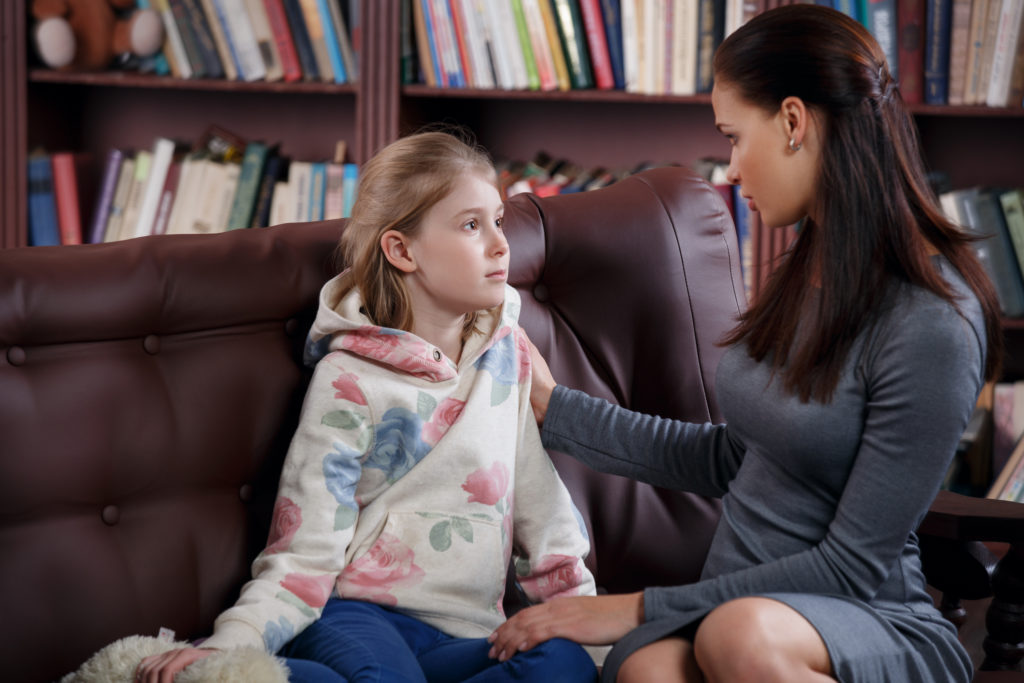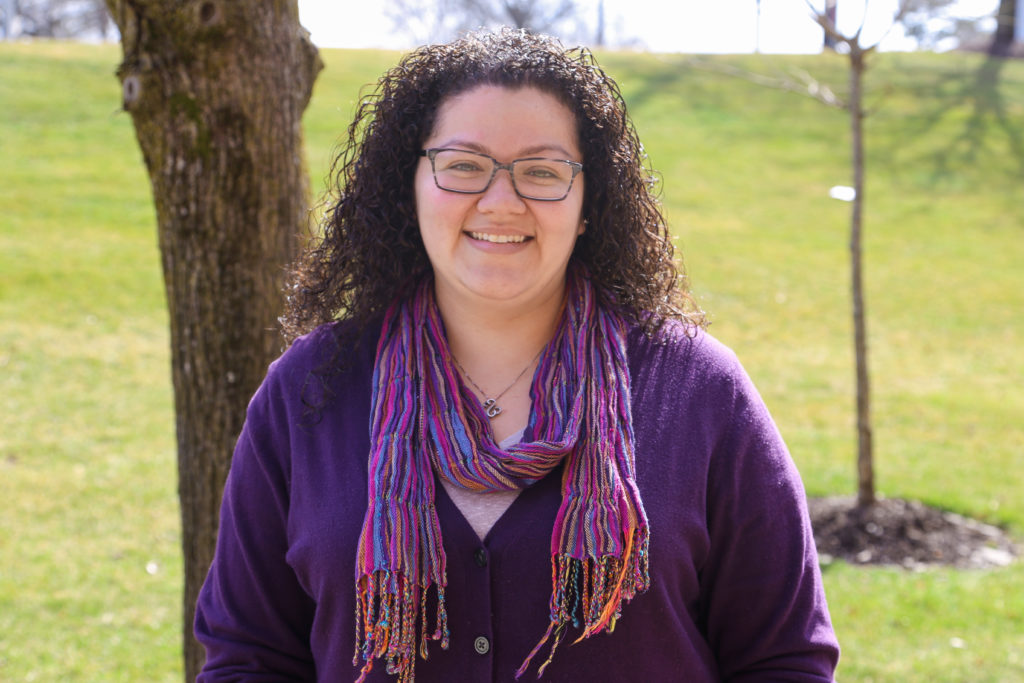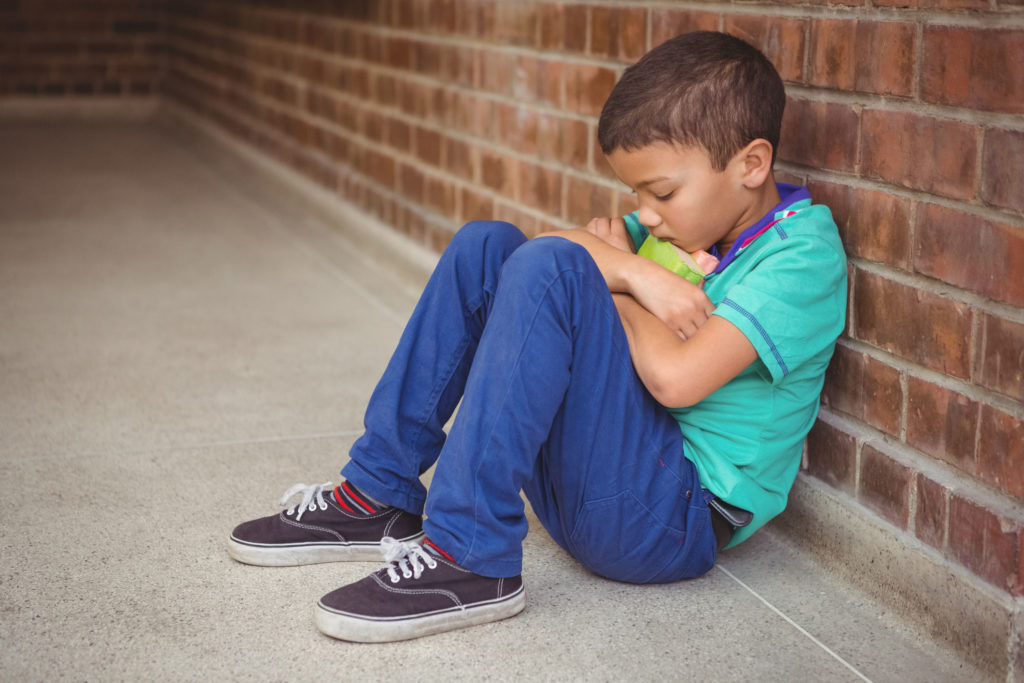Across the country, families will be hitting the roads for holiday visits with relatives and warm weather vacations. In fact, nearly 51 million Americans traveled 50 miles or more last week for Thanksgiving, according to AAA. For most, traveling in cars, planes and trains are a mild inconvenience of traffic jams and bad airport food. But for parents traveling with children in care, these vacations can turn into nightmare full of screaming kids without proper planning.
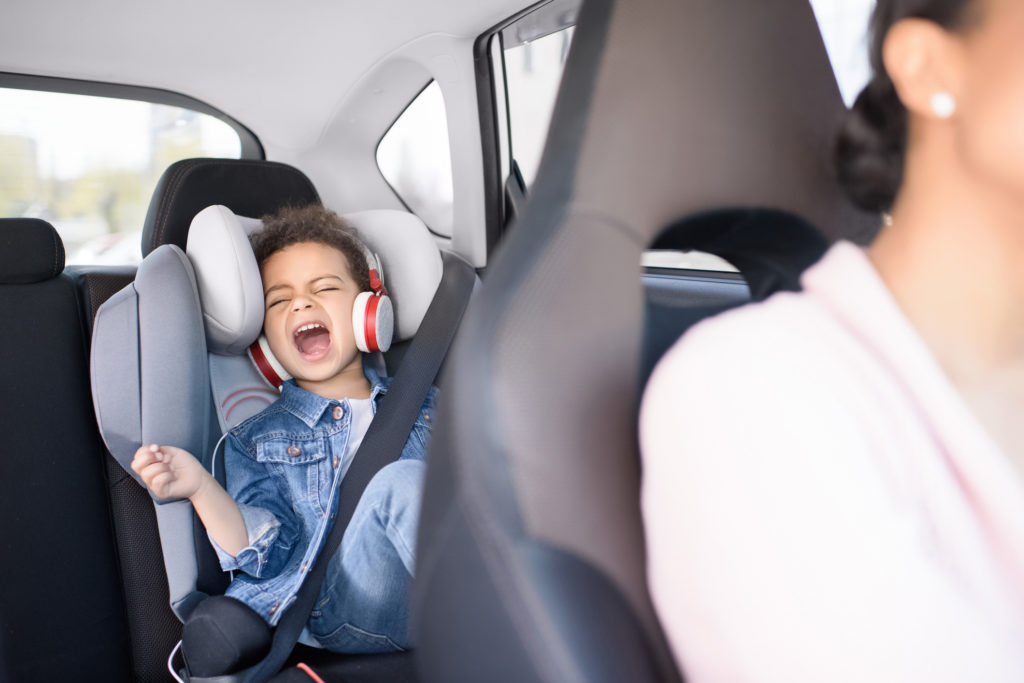
Traveling with children can be difficult because travel takes them away from everything they know and feel comfortable with and exposes them to an entirely new world. For foster children, whose routine has already been completely uprooted due to being removed from their homes, traveling can be extremely stressful and emotionally draining.
The temptation for many foster parents is to stay close to home to avoid adverse and unpredictable reactions, as well as the possibility of meltdowns in public places. But sometimes traveling is unavoidable, and the truth is, a child with anxiety, autism or any other hurdle is still a kid who wants to be part of the family vacation.
Continue reading

